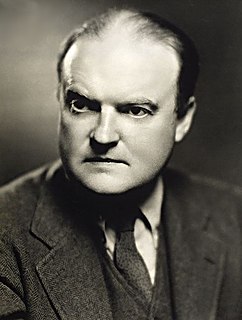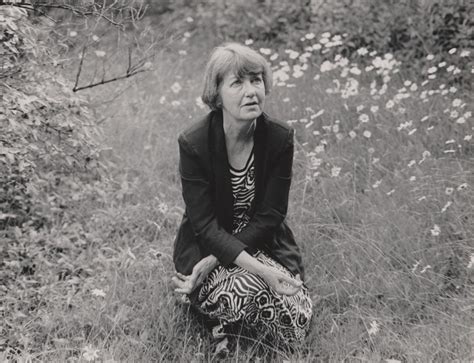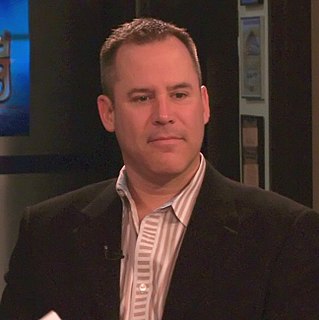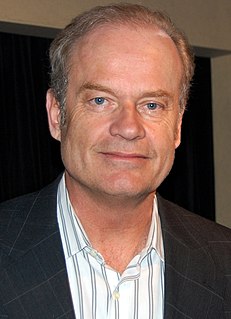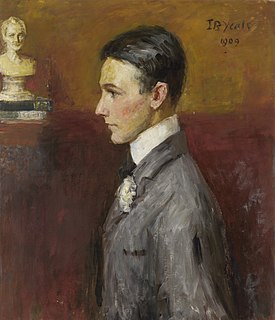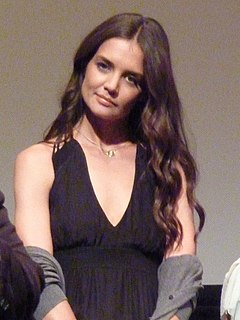A Quote by Edmund Wilson
The cruelest thing that has happened to Lincoln since he was shot by Booth was to fall into the hands of Carl Sandburg.
Related Quotes
Killing Lincoln is a must-read historical thriller. Bill O'Reilly recounts the dramatic events of the spring of 1865 with such exhilarating immediacy that you will feel like you are walking the streets of Washington DC on the night that John Wilkes Booth shot Abraham Lincoln. This is a hugely entertaining, heart-stopping read.
My prose style at this time was a stomach-twisting blend of the Bible, Carl Sandburg, H.L. Mencken, Jeffrey Farnol, Christopher Morley, Samuel Pepys, and Franklin Pierce Adams imitating Samuel Pepys. I was quite apt to throw in a "bless the mark" at any spot, and to begin a sentence with "Lord" comma.
Until the early 90s, when I was working on a project about the idea of free will in American philosophy. I knew that Lincoln had had something to say about "necessity" and "fatalism," and so I began writing him into the book. In fact, Lincoln took over. I wrote instead 'Abraham Lincoln: Redeemer President,' in 1999, and I've splitting rails with Mr. Lincoln ever since. If there's a twelve-step process for this somewhere, I haven't found it yet.
